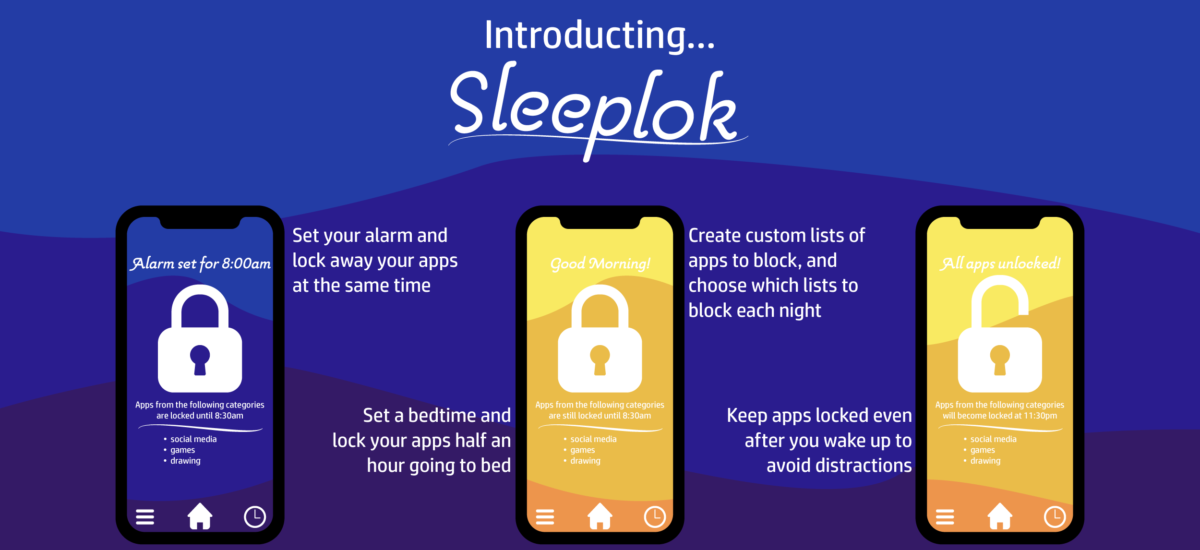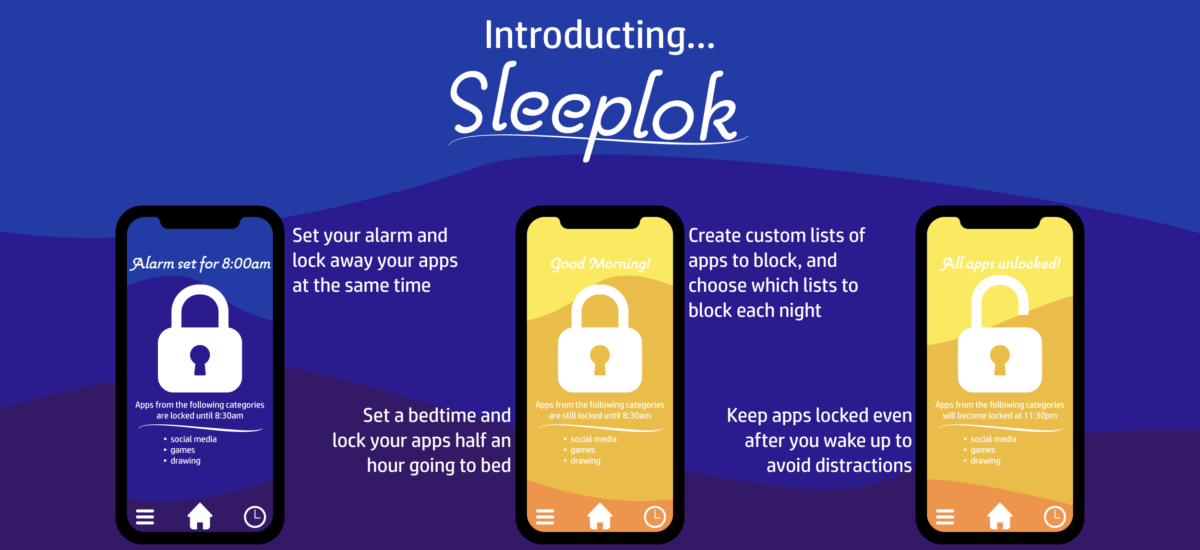While modern technology has no doubt brought a lot of good into the world, it’s also caused quite a bit of damage. For me, my phone has allowed me to connect to friends and family no matter the distance, and has also given me the ability to connect to the world at large through the internet. But every good thing comes with a price, and for me that price is sleep; for as long as I’ve had a smartphone, I’ve struggled with falling asleep at a reasonable hour. I believe there are multiple reasons for this, but the main two are an addiction to certain apps and the amount of blue light entering my eyes from my phone.
Of those reasons, one is a very intentional part of tech design: addiction. These apps are specifically designed to keep people on them for as long as possible, without regard to the time of day. It’s pretty easy to see how tech addiction can lead to sleep issues; if I’m addicted to being on social media, I’ll be engaged with it when I’m not busy with other things, which almost always ends up being when I should be asleep. The instant gratification I get from that overrides the delayed gratification I would get from getting a good night’s sleep, and my health ends up suffering because of it. In addition to that, I have a tendency to also engage with social media first thing in the morning, before even getting out of bed. This again goes into technology’s addictive nature, and it again causes my sleeping pattern to suffer. This factor is particularly insidious because the addictiveness of tech isn’t just an accident; the designers of it want me to be addicted to it. More time spent looking at a screen means more time spent looking at advertisements, which means more money going into the pockets of these companies. It also allows them to create an even more accurate picture of me as a consumer, further enabling them to create more effective ads.
Probably less intentional is the fact that blue light suppresses the production of melatonin in the body, the chemical that makes us feel tired. Screens are designed to project color accurately, which means they often give off a lot of blue light. The more time I spend looking at a screen, therefore, means the less time I spend producing melatonin and the less sleepy I feel at the end of the day. This compounds with the fact that I often engage with my phone more in the evening, when I have more free time to do so, meaning I spend a lot of time looking at a blue screen during a time of day when I should be producing a lot of melatonin.
Of these two human vulnerabilities, I think the more interesting one to tackle is definitely addiction, since we already have settings, apps, even physical glasses that reduce the blue light screens give off. The way I would work on fixing this issue, in the context of sleep, would be to combine an alarm app with an app that locks away your phone. Something that both restricts your access to certain addictive apps and sets the expectation of sleep would be a way to encourage a full night of sleep while discouraging mindless scrolling late at night when you should be sleeping. The image below (which is also the featured image) demonstrates how I think this idea could work in practice.

The following articles were used in making this post:
https://www.businessinsider.com/technology-negative-bad-effects-society-2019-8
https://www.medicalnewstoday.com/articles/negative-effects-of-technology#in-children

You must be logged in to post a comment.